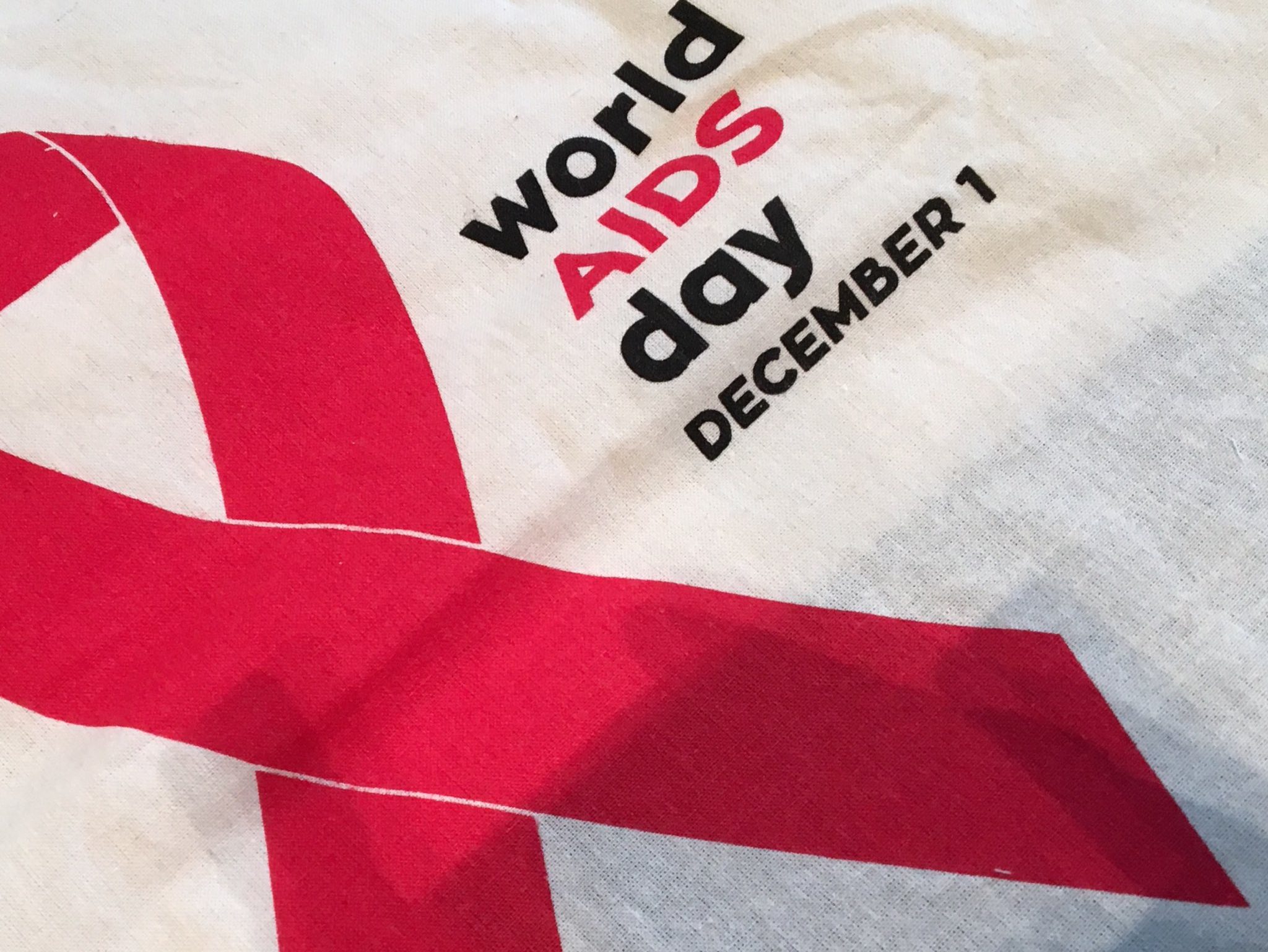Living Positive Victoria calls for a turn-around of current Medicare ineligible status for overseas-born Australians

On the eve of World AIDS Day 2019, Living Positive Victoria President, Adam Ehm, has called for a turn-around of the current Medicare ineligible status for overseas-born Australians .
People living with HIV in Victoria who are not eligible for Medicare include: overseas visitors living with HIV (working, studying or holidaying in Australia); migrants (refuges and humanitarian entrants) to Australia who have applied for permanent residency; and asylum seekers to Australia who are ineligible for Medicare.
Mr Ehm said that “in Australia, we are seeing HIV transmission rates increase for overseas-born individuals. A 2019 report by the National Association of People with HIV Australia (NAPWHA) estimated that there are over 900 Medicare ineligible people living with HIV in Australia. They experience treatment initiation barriers, potential challenges to treatment adherence, and having HIV managed, let alone remaining in our country for any length of time post-diagnosis. We cannot simply rely on compassionate access schemes in Australia.”
Also speaking at today’s World AIDS Day launch and community forum, Victorian Health Minister, The Honourable Jenny Mikakos, recognised Mr Ehm’s call for Medicare eligibility status for people living with HIV by vowing to take these challenge on board and think about the type of action the Victorian Government can offer for overseas born Victorians who are ineligible for Medicare support.
Living Positive Victoria CEO, Richard Keane, is acutely aware of his privilege as an Australian citizen with uninterrupted and affordable access to anti-retro viral medication, ensuring him a high quality of life and extended life expectancy. However, this is not the case for a growing cohort, who often have poor sexual health literacy and limited community engagement opportunities, including the support of HIV positive peers, which is an essential element of best practice in engaging someone recently diagnosed with HIV.
Mr Keane fears that “there are many migrants out there asking themselves why they should test for HIV, as the ramifications and impact on their ability to stay in Australia may be affected by a positive HIV diagnosis. With the removal of barriers to treatment-access and more recently, testing, we cannot afford to have a hidden population who don’t have equity and access to local service provision while they are living in Victoria and under our care”, says Keane.
